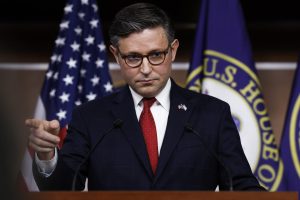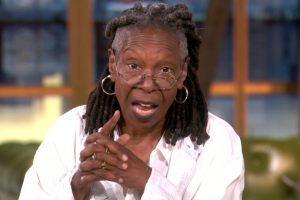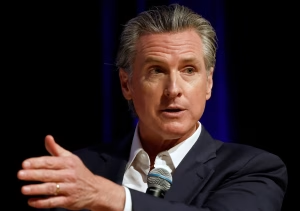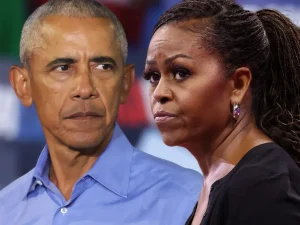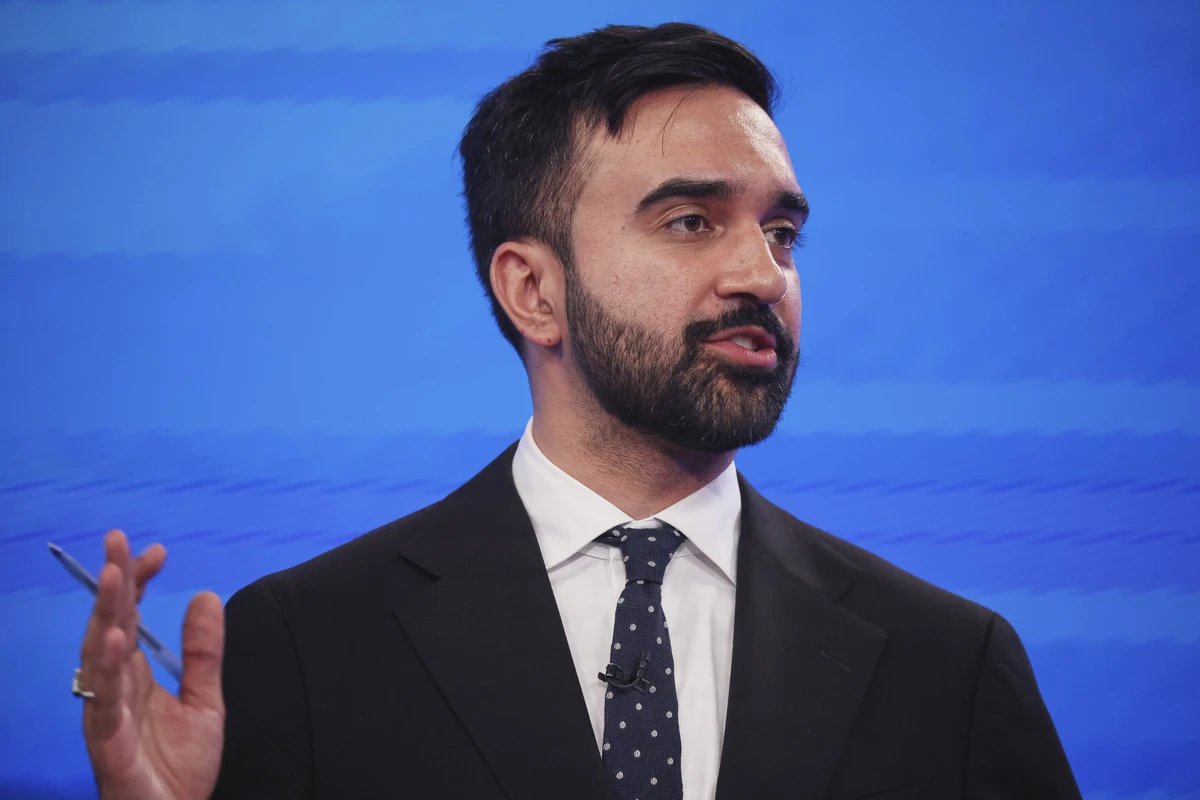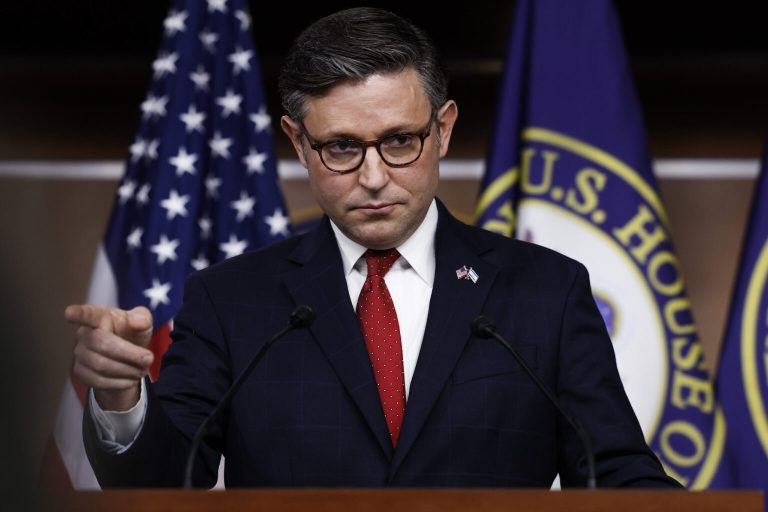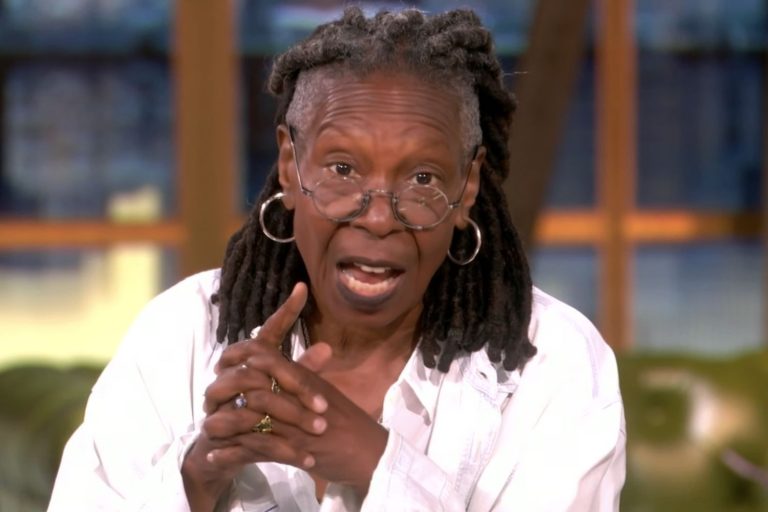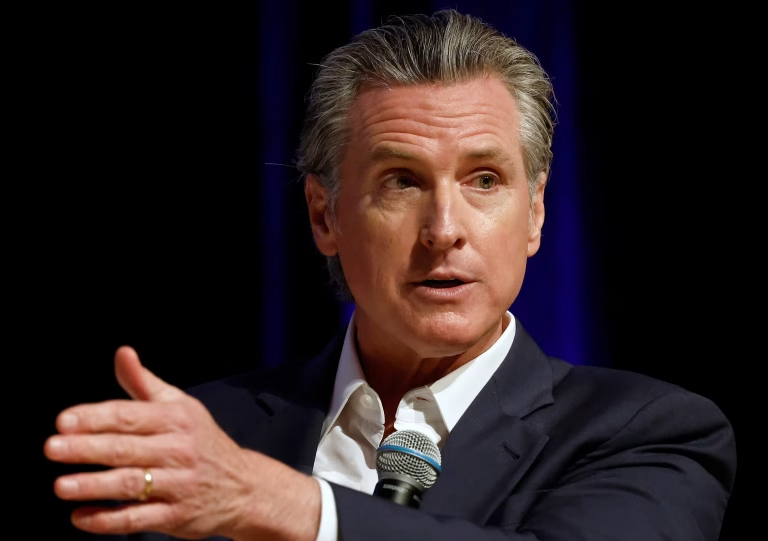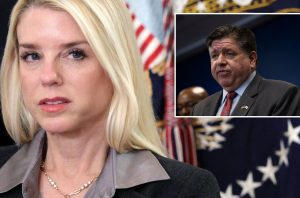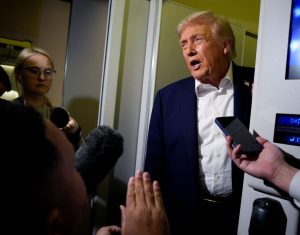Survey Suggests a Growing Number of New Yorkers Are Reconsidering Their Future in the City
A newly released survey has found that a notable portion of New York City residents are contemplating leaving the city depending on the outcome of the upcoming mayoral election. The poll, conducted by Victory Insights, highlights a climate of uncertainty and concern among voters as the race enters its final stretch.
The data suggests that 26.5 percent of New Yorkers say they would consider relocating if current frontrunner Zohran Mamdani, a progressive candidate and state assemblyman from Queens, were elected mayor.
While the results don’t necessarily predict mass migration, they underscore a growing unease among portions of the electorate about the city’s political direction.
Breakdown of the Survey Results
According to the poll, which surveyed 500 likely voters between October 22 and 24, 26.5 percent of respondents said they would “consider leaving New York City” in the event of a Mamdani victory.
Roughly 68.4 percent said they would remain regardless of the election outcome, while 5.2 percent said they were undecided.
The survey also measured candidate favorability and perceived risk to the city’s future. About 39 percent of respondents indicated that they believe Mamdani’s leadership could “pose a threat to the future of New York City.”
While the poll’s margin of error was not disclosed, analysts say the findings reflect broader divisions in how New Yorkers perceive the city’s economic, social, and political trajectory.
Mamdani’s average favorability rating was reported at 2.996 out of 5 — slightly below average, but still higher than former Governor Andrew Cuomo (2.40) and Republican candidate Curtis Sliwa (2.72).
Analysts Say the Race Is Mamdani’s to Lose
Despite the concerns expressed by many voters, Mamdani remains the favorite heading into Election Day. Polling experts at Victory Insights described his lead as “commanding” and characterized the contest as his to lose.
“It would come as a major surprise if anyone other than Mamdani is elected mayor of New York City,” the firm said in its summary. “However, many voters are extremely concerned about that outcome. The city seems to be nearing an inflection point, one that could reshape its political and social structure for years to come.”
Early voting begins Saturday, with the official election scheduled for November 4 — just over a week away.
Candidate Profiles and Contrasting Agendas
Zohran Mamdani, a 34-year-old state assemblyman representing Queens, has built his campaign around a progressive platform that includes tax reforms, expanded housing affordability measures, and increased investment in public transportation.
His proposals call for raising taxes on the city’s wealthiest residents to fund what he calls an “affordability agenda,” a plan designed to make New York more livable for working-class and lower-income residents.
Critics, however, warn that higher taxes could drive businesses and affluent residents away, potentially undermining the city’s economic stability.
Mamdani’s challengers — Andrew Cuomo, the former New York governor, and Curtis Sliwa, the Republican founder of the Guardian Angels — have both focused their campaigns on public safety, economic growth, and fiscal restraint.
Cuomo has presented himself as a steady, experienced alternative to Mamdani’s progressive vision, while Sliwa has positioned himself as an advocate for law and order, frequently criticizing both Democrats for what he describes as “soft-on-crime” approaches.
Political Reactions and Federal Observations
The race has also drawn national attention. According to a recent report from The Wall Street Journal, President Donald Trump and his advisers privately believe Mamdani’s lead is likely insurmountable.
A senior administration official was quoted as saying the president views Mamdani as “the inevitable winner,” adding that even if Sliwa were to withdraw, Cuomo would still face an uphill battle.
In remarks to reporters at the White House earlier this week, Trump gave a measured response when asked about the race:
“It’s really a question of would I rather have a Democrat or a communist,” he said. “And I would rather have a Democrat than a communist.”
While the statement drew attention for its bluntness, it reflected the limited options available to Republican voters in a city that leans overwhelmingly Democratic.
Candidates Respond to the Latest Polls
During the final televised debate on Wednesday night, Mamdani and Cuomo sparred over their records and visions for the city’s future.
Mamdani dismissed his opponent’s criticism, describing Cuomo as “a desperate man, lashing out because the one thing he’s always cared about — power — is slipping away.”
Cuomo, in turn, accused Mamdani of being “too divisive” and lacking a substantive legislative record.
“Zohran is a great actor,” Cuomo said. “He missed his calling. This man never even proposed a bill on housing or education.”
Sliwa, the third candidate in the race, has resisted growing calls from some Republican donors to withdraw in hopes of consolidating support behind Cuomo. The candidate has publicly stated that any offer of compensation to step aside would be treated as potential bribery.
“I’m not budging,” Sliwa said. “Anyone who presents me with a bribe to suspend my campaign will be reported to authorities.”
Economic Uncertainty and Public Concern
One of the central issues shaping the election is economic confidence.
New York City continues to recover from years of population decline, affordability challenges, and fluctuating office occupancy rates. For many residents, the idea of further change — whether through policy shifts or new tax initiatives — adds to a sense of instability.
The survey’s finding that one in four New Yorkers might consider leaving under a Mamdani administration underscores these anxieties. However, experts note that stated intentions in polling often differ from actual behavior.
“People often express frustration through hypothetical responses in surveys,” said political analyst Dr. Karen Liu. “It’s a way to communicate dissatisfaction rather than a definite plan to relocate.”
Historical Parallels in Urban Politics
This is not the first time a New York mayoral race has sparked debate over the city’s direction. Past elections — such as those won by Ed Koch, Rudy Giuliani, and Bill de Blasio — each represented turning points that reflected shifts in public sentiment about governance, safety, and economic policy.
Observers suggest that the 2025 election could represent a similar crossroads.
“This race is symbolic of a broader national conversation about urban policy and progressive governance,” said urban affairs expert Dr. Michael Armitage. “What happens in New York often sets a precedent for how major U.S. cities approach issues of taxation, equity, and public safety.”
Looking Ahead: A Decisive Moment for the City
With early voting set to begin, campaigns are entering their final phase, focused on turnout rather than persuasion. Polling indicates that Mamdani’s base — young voters, progressives, and working-class communities — remains energized, while opponents are struggling to consolidate their support.
Whether concerns over potential policy changes will translate into significant voter shifts remains to be seen.
For now, the data paints a picture of a city deeply divided about its future direction but still highly engaged in the democratic process.
As one poll respondent put it in open-ended comments shared by Victory Insights:
“New York will survive any election, but it won’t survive if people stop believing it can change for the better.”

James Jenkins is a celebrated Pulitzer Prize-winning author whose work has reshaped the way readers think about social justice and human rights in America. Raised in Atlanta, Georgia, James grew up in a community that instilled in him both resilience and a strong sense of responsibility toward others. After studying political science and creative writing at Howard University, he worked as a journalist covering civil rights issues before dedicating himself fully to fiction. His novels are known for their sharp, empathetic portraits of marginalized communities and for weaving personal stories with broader political realities. Jenkins’s breakout novel, Shadows of Freedom, won national acclaim for its unflinching look at systemic inequality, while his more recent works explore themes of identity, resilience, and the fight for dignity in the face of oppression. Beyond his novels, James is an active public speaker, lecturing at universities and participating in nonprofit initiatives that support literacy and community empowerment. He believes that storytelling is a way to preserve history and inspire change. When not writing, James enjoys jazz music, mentoring young writers, and traveling with his family to explore cultures and stories around the world.
